
8 Habits That Could Damage Your Brain (According to Research)
8 Habits That Could Damage Your Brain (According to Research)
Your brain is one of the most important organs in your body. While it's normal to experience some loss of brain function as we age, certain lifestyle habits can accelerate this process. As research shows, habits that are bad for the heart are often bad for the brain. This article will look at eight habits that can damage your brain and provide practical advice on how to avoid them to boost your brain power.

1. Skipping Breakfast
Being in the habit of skipping breakfast can have a negative impact on your brain health. Skipping this meal has been linked to a higher risk of stroke and high blood pressure. Research in Japan on over 80,000 people over 15 years found that those who ate breakfast daily had a lower risk of stroke and brain hemorrhage. Additionally, eating breakfast regularly has a positive effect on concentration and mental abilities. Studies on children have shown that those who ate breakfast performed better academically, particularly in math.
2. Cellphone Radiation
There has been an ongoing debate about whether radiation from cellphones can cause cancer. While more research is needed, a 2016 clinical trial found a link between cell phone radiation and an increased risk of tumors in the brain and heart of rats exposed for nine hours a day over two years. Consumer Reports recommends using common-sense precautions, such as:
-
Using speakerphone or a hands-free headset.
-
Keeping the phone away from your body when the signal is weak.
-
Sending text messages or using video calling when possible.
-
Not keeping your phone in your shirt or pants pocket.
3. Overeating Fatty Foods
Consuming too much fat can damage your brain and create a vicious cycle. Scientists have found that fatty foods can "rewire" the brain to start craving more high-fat foods. A study at Vanderbilt University found that people who regularly overeat fatty foods develop a defect in the brain that causes it to send signals to continue eating, even when full. This can lead to a craving for fatty foods, resulting in obesity and other health problems.
4. Lack of Social Integration
Our brains function best when we have opportunities to socialize with others. Psychology Today reports that a lack of social contact can lead to depression, loneliness, and even affect our ability to remember things. In adults, a lack of social interaction can lead to bad habits like excessive drinking and drug abuse. A University of Michigan study found that even regularly talking for just 10 minutes a day can boost memory and mental performance.
5. Sleep Deprivation
Not getting enough sleep is a damaging habit for the brain. According to WebMD, sleep deprivation negatively impacts thought processes, short-term memory, and learning. It also causes irritability and mood swings. The National Institute of Neurological Disorders and Stroke reported that during sleep, cellular structures in the brain alter to flush out toxins that have built up during the day. Therefore, getting a good night's sleep is crucial for avoiding degenerative brain disorders.

6. Smoking
Smoking is a damaging habit for your brain. A team of researchers found that chronic smokers experience a drop in dopamine function in the brain, a factor that contributes to addiction and makes it harder to quit. Furthermore, doctors have observed that smokers have a thinner cortex—the part of the brain essential for memory, language, and perception—which is linked to mental decline. Quitting smoking can help normalize dopamine levels and boost your mental abilities.
7. Too Much Sugar
Excessive sugar intake can have a damaging effect on your brain. A study from the University of New South Wales found that in young mice, too much sugar had a negative impact on brain development similar to extreme stress. The researchers suggest that a high-sugar diet in children and young adults could have long-term effects on the brain and behavior. To protect your brain, it's important to reduce your intake of sugary sodas, candies, and foods with added sugars like high-fructose corn syrup.
8. Excessive Alcohol Consumption
Alcohol consumption can have long-lasting damaging effects on your brain. According to the U.S. Department of Health & Human Services, alcohol impairs memory and slows reaction times. People who consume large amounts of alcohol for extended periods risk developing serious and persistent changes in the brain. A study published in Alcoholism: Clinical & Experimental Research found reductions in the white matter pathways of middle-aged recovering alcoholics, indicating that chronic misuse of alcohol results in measurable brain damage.
News in the same category


Proven Health Benefits of Matcha Green Tea: Weight Loss, Cancer and More (Evidence Based)
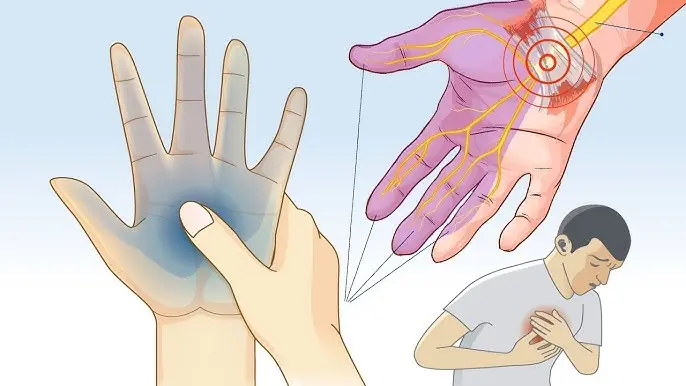
Waking Up with Numb or Tingling Hands: What It Really Means (Science Based)

Thyroid Gland: How to Balance Its Hormones

Gluten Intolerance Warning: Eczema and Other Hidden Signs Revealed

Your Body Is Begging You to Notice These High Blood Sugar Warnings
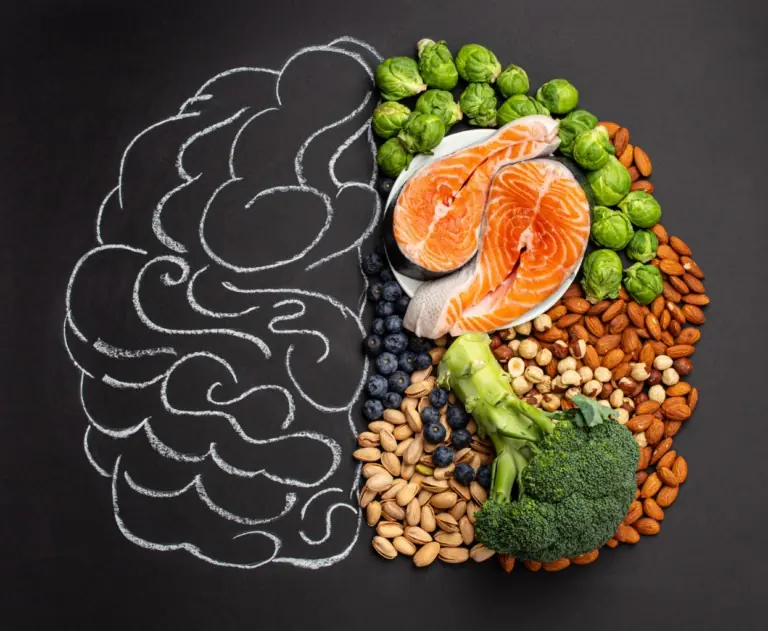
Research Reveals 12 Powerful Foods to Boost Your Brain, Improve Memory, and Make You Smarter

Proven Benefits of Watermelon and Watermelon Juice Including Nutrition Facts (Science Based)

Proven Health Benefits of Okra That Are Based On Science (Including Nutrition Facts)
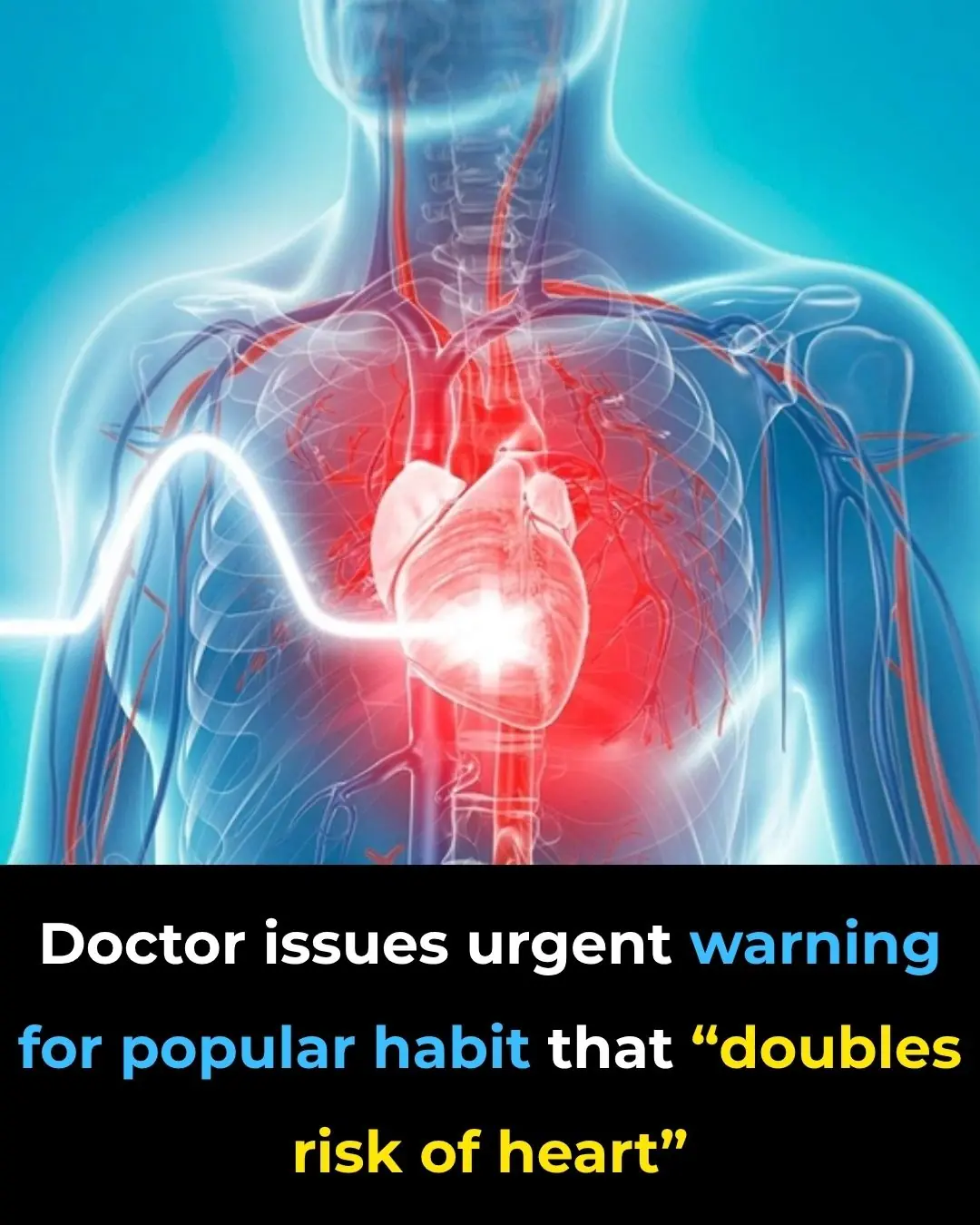
What Causes a Heart Attack? 13 Health Conditions to Watch For
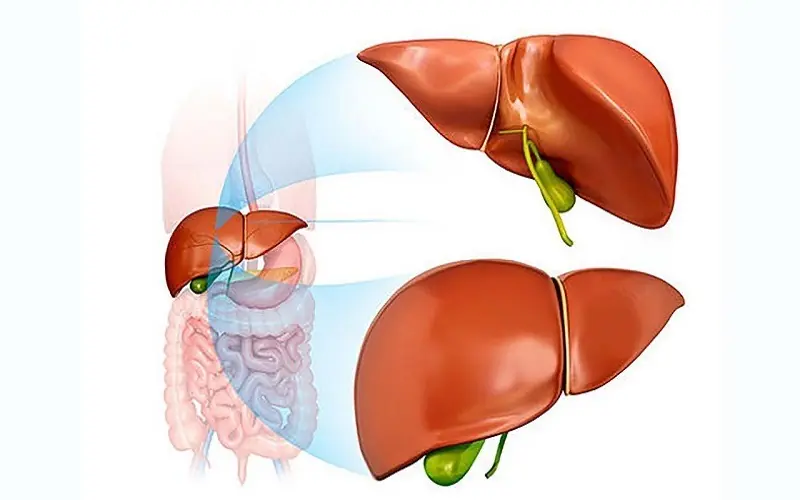
10 Proven Foods to Stimulate Your Liver and Remove Toxins Fast
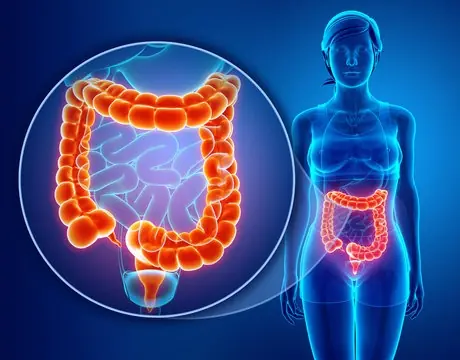
Scientists Reveal How to Cleanse Your Colon Fast Using Just 2 Simple Ingredients
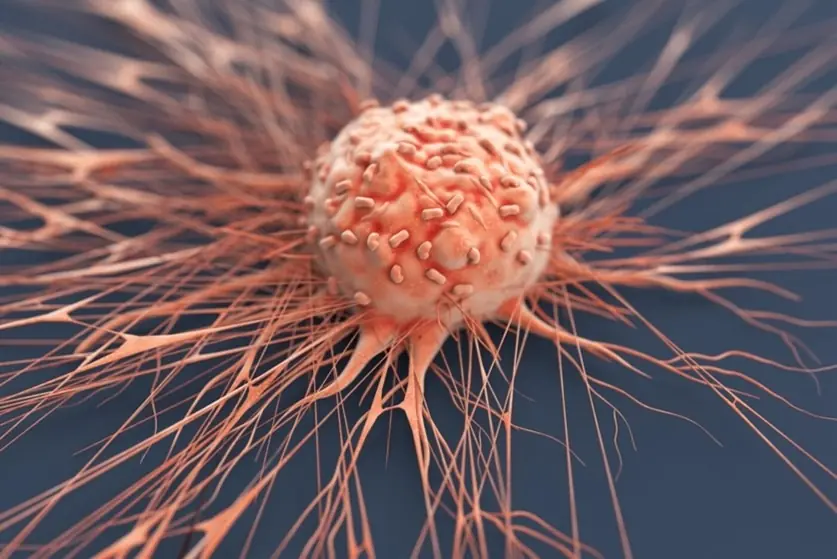
Doctors Urge: Stop Eating These 6 Foods That Fuel Cancer Growth
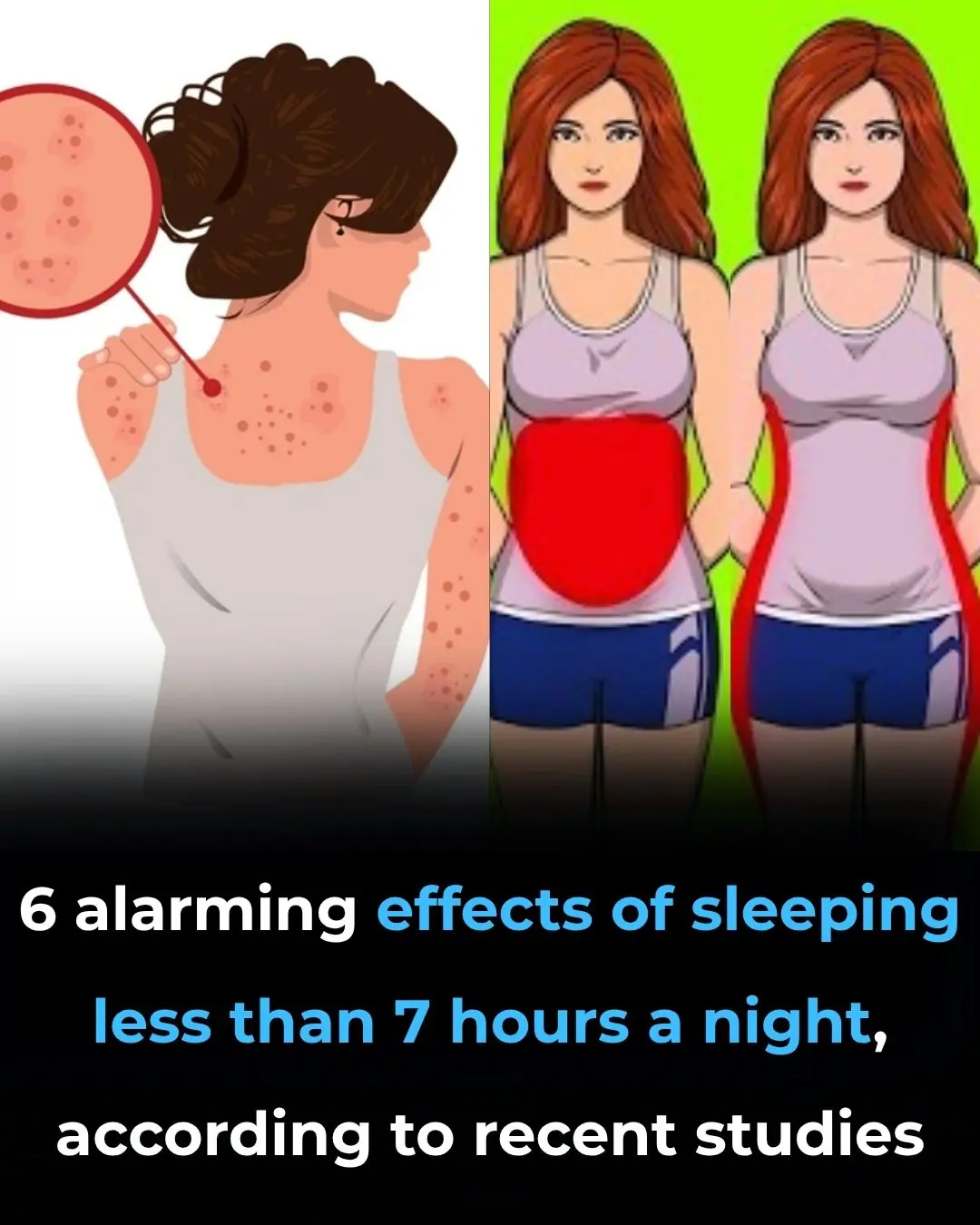
Sleeping Naked: 8 Surprising Benefits

What Causes Belly Fat: Foods that Cause Belly Fat and Other Causes of Belly Fat
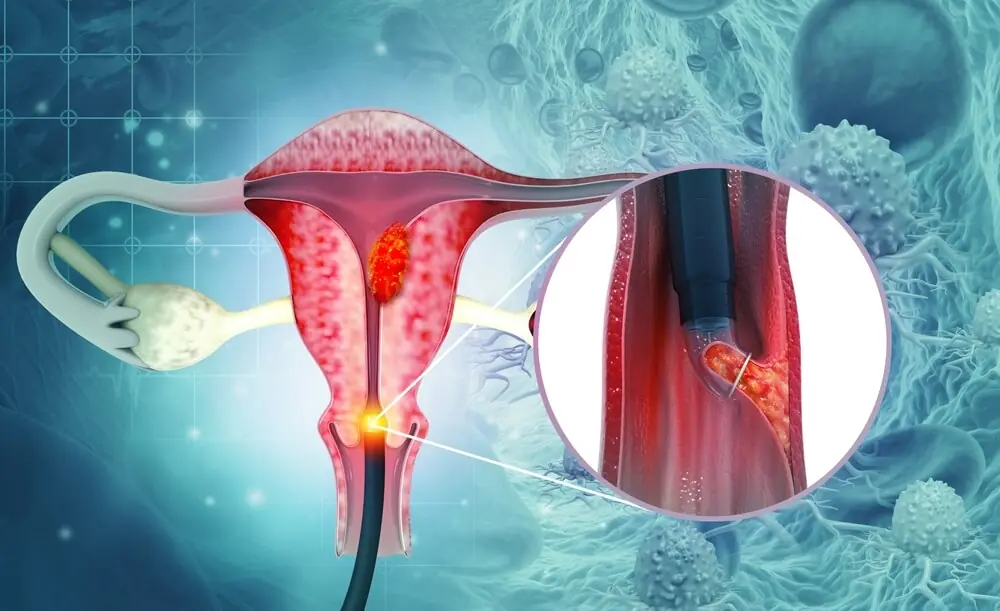
10 Warning Signs of Cervical Cancer You Shouldn’t Ignore

4 Common Causes of Body Pain on the Right Side

7 Early Signs Your Heart May Be in Danger – Don’t Ignore #3!

Discover the Power of Rosemary: Nature’s Potent Pain Reliever & Healing Herb
News Post

Proven Inflammatory Foods to Avoid According to Science

A Quiet Act of Kindness That Restored My Faith in Humanity.

Proven Health Benefits of Matcha Green Tea: Weight Loss, Cancer and More (Evidence Based)

A Boy Named Shayden Just Wanted One Thing: A Friend — Can We Help?

Waking Up with Numb or Tingling Hands: What It Really Means (Science Based)

My MIL Kicked My 6-Year-Old Daughter Out of My Nephew’s 7th Birthday Party – When I Found Out Why, I Had to Teach Her a Lesson

One Day My FIL Snapped, 'Did You Forget Whose House You're Living In?' — I Felt Humiliated and Had to Str!ke Back

Amazon's forgotten $500,000,000 deal that 'killed' Toys 'R' Us in 'cruel' move

The real reason why nobody has ever found human remains inside the Titanic wreckage

My Parents Kicked Me Out for Refusing to Attend Their Dream College — Five Years Later, They Got a Lesson They’ll Never Forget

I Thought My Daughter Was Just Going Through a Phase, but Her Journal Exposed a Truth I Wasn't Ready for – Story of the Day

Scientists Reverse Aging of a 53-Year-Old’s Skin Cells to That of a 23

Thyroid Gland: How to Balance Its Hormones

Gluten Intolerance Warning: Eczema and Other Hidden Signs Revealed

Your Body Is Begging You to Notice These High Blood Sugar Warnings

Research Reveals 12 Powerful Foods to Boost Your Brain, Improve Memory, and Make You Smarter

The Dog Who Never Ran Away Again.

Officer’s Quick Fix Turns Routine Call into a Viral Moment of Kindness.

My son brought a psychiatrist home to have me declared legally incompetent.
